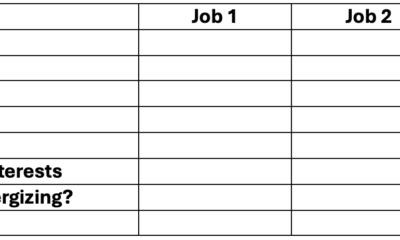Taxes
Independent Contractor Taxes: The Ultimate Guide

Home office expenses: Independent contractors can deduct a portion of their rent or mortgage, utilities, and other home office expenses if they work from home.
2. Computer and equipment purchases: Independent contractors can deduct the cost of purchasing computers, software, and other equipment necessary for their work.
3. Health insurance: Independent contractors can deduct the cost of health insurance premiums for themselves and their families.
4. Retirement savings: Independent contractors can deduct contributions to retirement accounts, such as a SEP-IRA or solo 401(k).
5. Other business expenses: Independent contractors can deduct expenses directly related to their trade or business, such as advertising, travel, and professional development.
By taking advantage of these tax deductions, independent contractors can reduce their taxable income and potentially lower their overall tax liability. It’s important for independent contractors to keep detailed records of their expenses and consult with a tax professional to ensure they are maximizing their deductions and compliant with tax laws. Marketing and Advertising Expenses
Independent contractors can deduct expenses related to marketing and advertising their services. This includes costs for creating and distributing promotional materials, running online ads, attending networking events, and hiring a marketing consultant. These expenses are essential for growing a business and can be deducted on your tax return. Using accounting software like QuickBooks Online can help you keep track of your income and expenses throughout the year, making it easier to file your taxes accurately.
Keep detailed records. Make sure to keep receipts, invoices, and other documentation of your business expenses so you can deduct them on your tax return.
Set aside money for taxes. Since independent contractors don’t have taxes withheld from their paychecks, it’s important to set aside money throughout the year to cover your tax liability.
Stay informed. Tax laws and regulations can change frequently, so it’s important to stay up to date on any changes that may affect your tax situation.
By following these tips and staying organized, you can make the process of filing your independent contractor taxes much smoother and avoid any potential penalties or issues with the IRS.
-

 Professional Development1 month ago
Professional Development1 month agoDrawing up your strategy
-

 Personal Growth2 months ago
Personal Growth2 months agoSucceeding as a ‘parentpreneur’: Top tips
-

 Videos2 months ago
Videos2 months agoGreat Leaders INSPIRE Others To Do Great Things
-

 Productivity1 month ago
Productivity1 month agoHow to Increase Remote Work Productivity
-

 Productivity2 months ago
Productivity2 months agoTips for Boosting Work Productivity
-

 Productivity2 months ago
Productivity2 months ago5 Ways to Increase Your Personal Assistant’s Productivity
-

 Leadership1 month ago
Leadership1 month agoHow to Tackle Big Challenges
-
Leadership1 month ago
Cutting Through the Clutter of Internal Communications






























